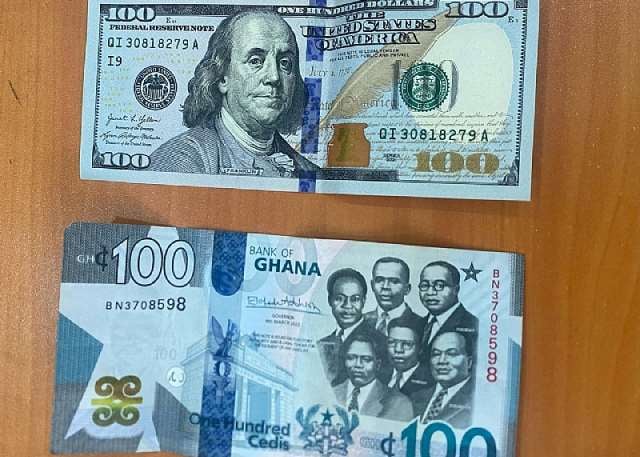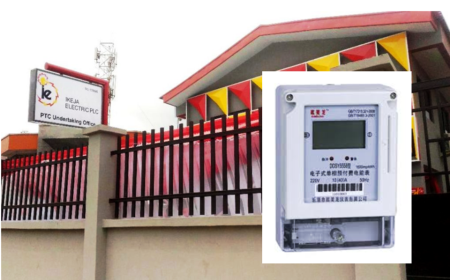The Ghanaian Cedi has demonstrated a sustained period of appreciation against the United States dollar, reaching an average buying rate of GHS10.06 per dollar and a selling rate of GHS10.96 as of May 28, 2025. This positive trend indicates a strengthening of the Cedi’s value in the foreign exchange market, offering potential benefits for importers and consumers within Ghana. The data, sourced from Cedirates.com, a reliable platform for currency and fuel information in Ghana, reflects the overall market dynamics and provides a snapshot of the Cedi’s performance against major international currencies.
A closer look at the forex bureau rates reveals a slightly wider spread, with the Cedi trading at GHS10.70 for those buying dollars and GHS11.60 for those selling. This discrepancy reflects the operational costs and profit margins of forex bureaus, which typically offer less advantageous rates compared to the interbank market. The interbank market, where financial institutions trade currencies directly with each other, displays a tighter spread, with buying and selling rates at GHS10.29 and GHS10.31 per dollar, respectively. This difference highlights the importance of comparing rates across different exchange platforms to secure the most favorable deals.
Expanding the analysis to other major currencies, the Cedi also performs favorably against the British pound and the Euro. The average exchange rates for the British pound stand at GHS13.51 for buying and GHS14.79 for selling, while the Euro trades at GHS11.36 for buying and GHS12.42 for selling. Similar to the dollar exchange, the Bank of Ghana interbank market offers more competitive rates, with the pound selling at GHS13.93 and the euro at GHS11.68. These figures underscore the Cedi’s relative strength against a basket of major currencies, potentially signaling positive economic indicators within Ghana.
The emergence of money transfer platforms like LemFi and Afriex has introduced a competitive landscape for remittances to Ghana. These platforms offer compelling exchange rates for individuals sending money from the US, UK, or other countries. For dollar transfers, LemFi provides a rate of GHS10.26 per dollar, while Afriex offers a slightly more attractive rate of GHS9.87 per dollar. For pound transfers, LemFi’s rate is GHS13.81, and Afriex offers GHS13.44. Euro transfers see Afriex at GHS11.66 and LemFi at GHS11.27. These competitive rates offer significant advantages for Ghanaians receiving remittances, potentially increasing the value of the funds they receive.
The rates for digital subscriptions, such as Netflix, Spotify, and Apple Music, present a slightly different scenario. Using Visa or Mastercard for these transactions typically incurs an exchange rate of GHS11.13 per dollar for both card networks. This rate is generally less favorable compared to the rates offered by money transfer platforms or even the interbank market. The difference likely reflects the processing fees and other charges associated with international card transactions. Therefore, users of these digital services might consider alternative payment methods if seeking more cost-effective options.
In conclusion, the Ghanaian Cedi exhibits a robust performance against major international currencies like the US dollar, British pound, and the Euro. This positive trend is reflected across various exchange platforms, including forex bureaus, the interbank market, and specialized money transfer services. While discrepancies exist in exchange rates depending on the chosen platform and the specific currency being exchanged, the overall picture suggests a strengthening Cedi. This development holds positive implications for the Ghanaian economy, potentially influencing import prices, consumer spending, and remittance inflows. The emergence of competitive money transfer platforms further enhances the value of remittances for Ghanaians, while digital subscription payments present a slightly less advantageous exchange rate due to associated transaction fees. Monitoring these trends will be crucial for individuals and businesses engaged in international transactions and investments involving the Ghanaian Cedi.














